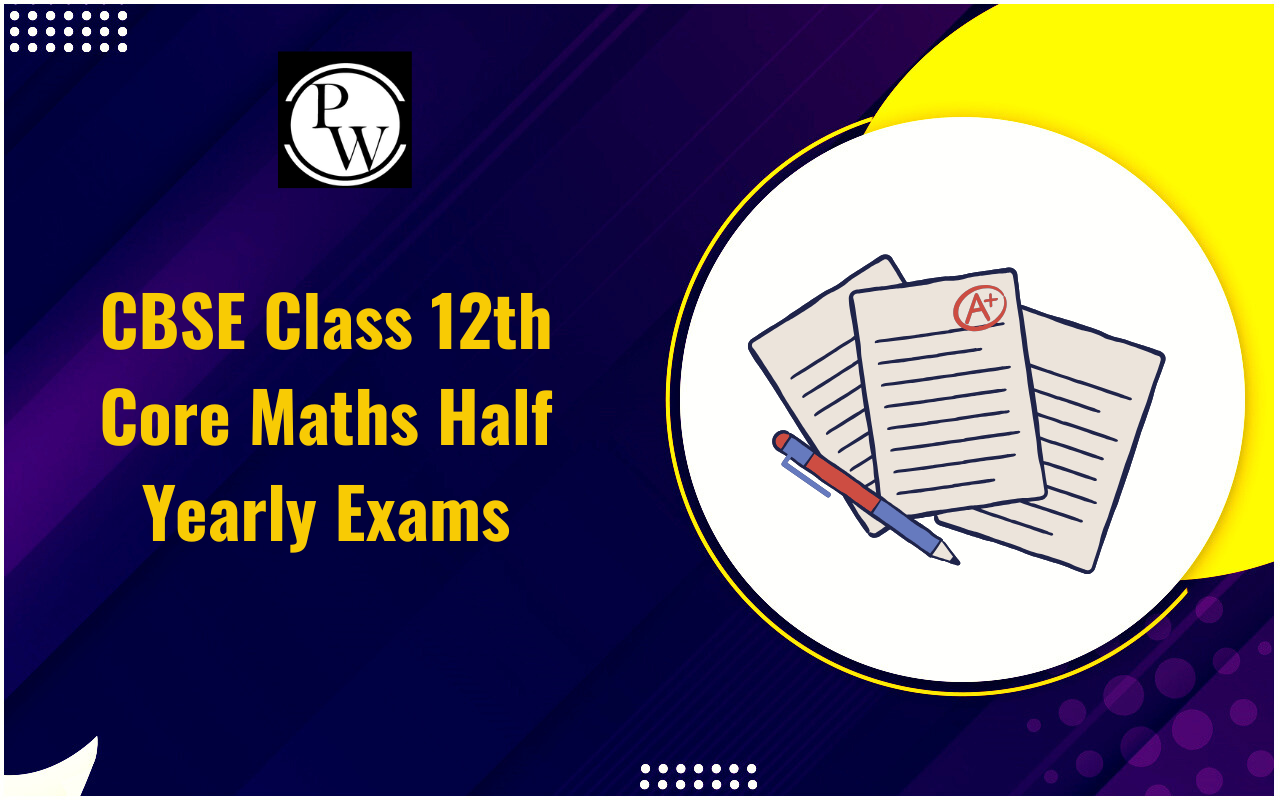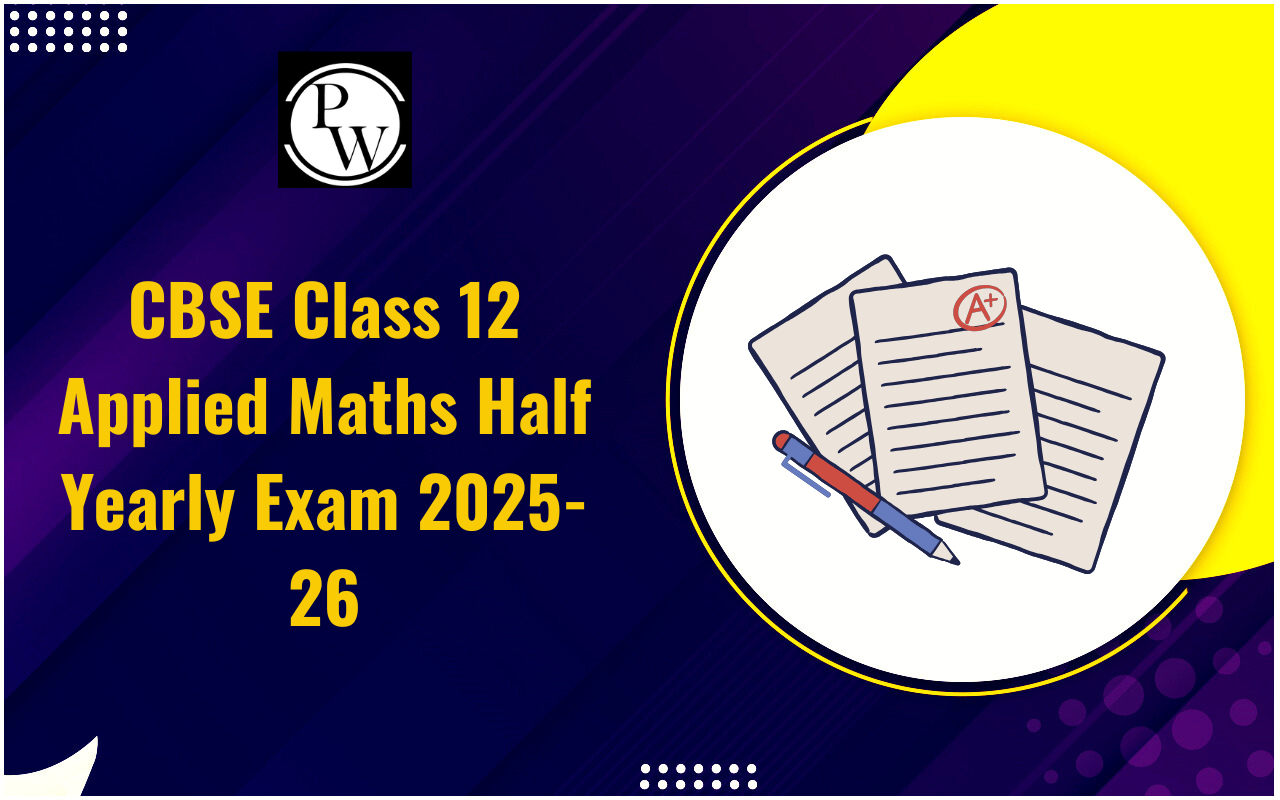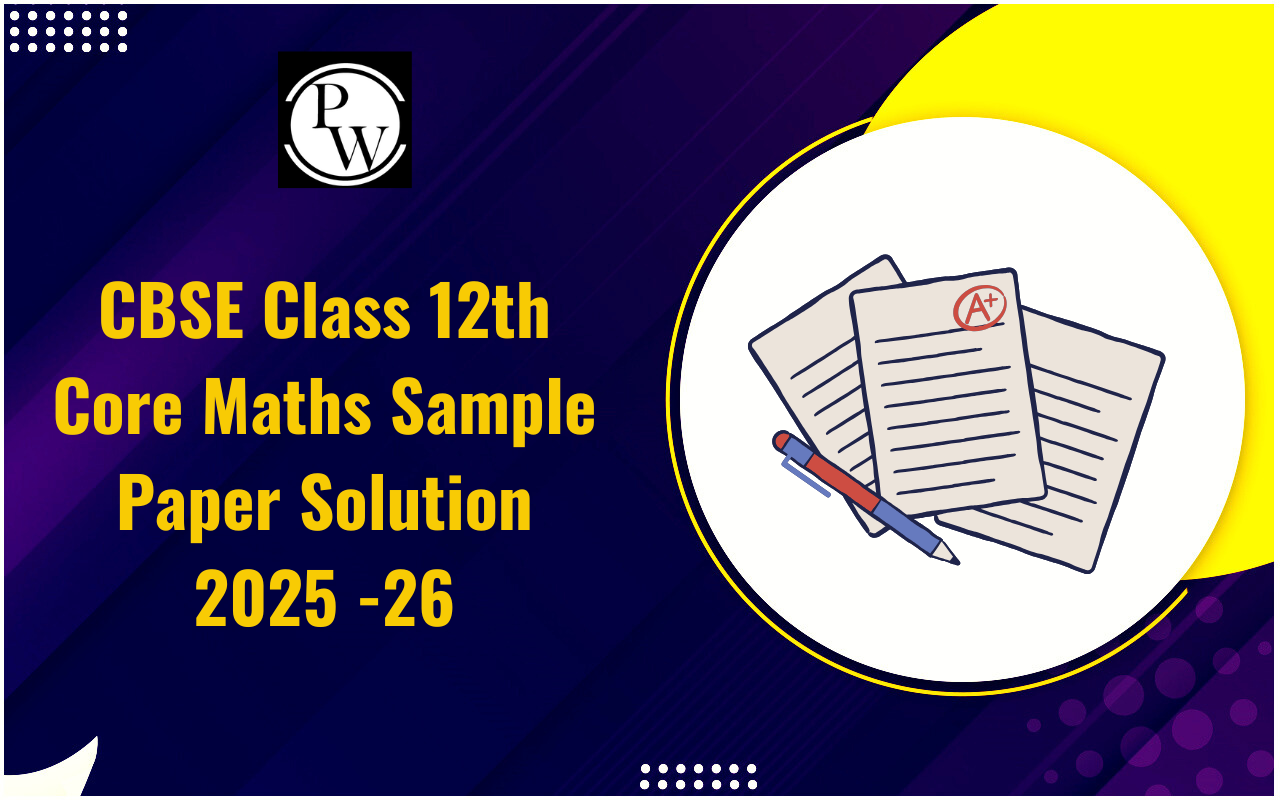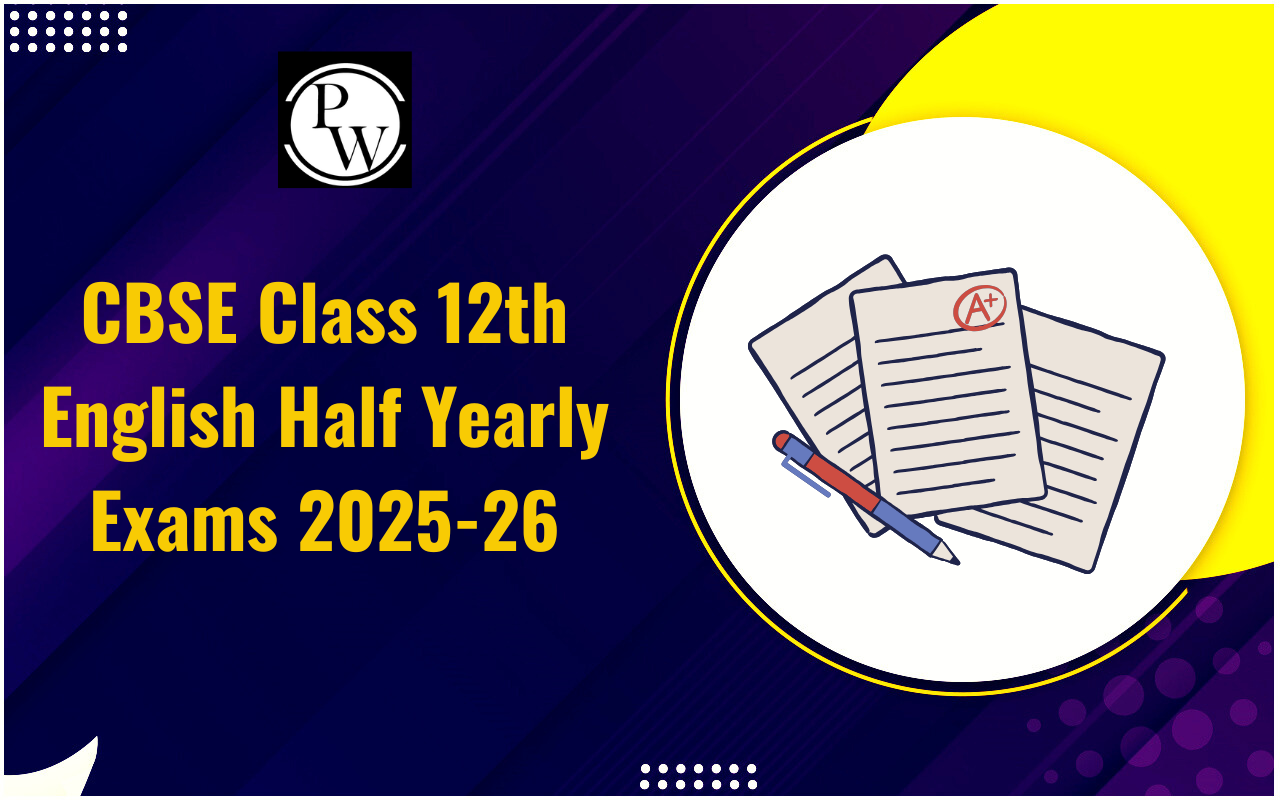
Difference Between Micro and Macro Economics: Economics is a subject that helps us understand how people, businesses, and governments use limited resources to meet their needs. These needs can be anything, buying food, starting a company, or building roads. To study economics properly, we need to divide it into two main parts: Microeconomics and Macroeconomics.
Below, we’ve explained the difference between Micro and Macro Economics using real-world examples and simple comparisons. Whether students are studying eco class 12, just beginning to explore microeconomics basics, or want a deeper idea of macroeconomics class 12, this article will make the topic much easier to understand.
What is Microeconomics?
Microeconomics focuses on small parts of the economy. It explains how individuals, families, or small businesses make choices when faced with limited resources. Key points about Microeconomics:
- It studies individual demand, supply, and pricing of goods.
- It looks at how businesses decide what to produce and how much.
- It helps understand how buyers and sellers behave in markets.
- It also tells us how price changes affect a person’s buying decision.
For example, if the price of a chocolate bar increases, will students still buy it or look for a cheaper option? This is what microeconomics basics help to answer.
If students are studying eco class 12, microeconomics introduces them to the smaller elements that make up the economy.
What is Macroeconomics?
Macroeconomics looks at the bigger picture of an economy. It studies the economy of a whole country or even the world. Key points about Macroeconomics:
- It focuses on total income, total demand, employment, and inflation.
- It helps understand why prices rise or fall for all goods.
- It explains why some people don’t have jobs or why a country grows or faces a slowdown.
- It is important for government planning and national policies.
Difference Between Micro and Macro Economics
Below, we’ve mentioned the difference between Micro and Macro Economics through clear comparisons:
| Difference Between Microeconomics and Macroeconomics | ||
| Factor | Microeconomics | Macroeconomics |
| Meaning | Study of individual and business decisions in the economy | Study of the whole economy and national level changes |
| Focus Area | Small units like individuals, households, and firms | Large units like a country or international trade |
| Topics Covered | Demand, supply, pricing, production, consumption | National income, inflation, unemployment, and growth |
| Application | Solves internal problems of a company or business | Helps create economic policies for the entire country |
| Scope | Limited to individual behavior and market decisions | Broad, covers all sectors of the economy |
| Significance | Useful for setting prices of goods and services | Useful in managing national problems like poverty and inflation |
| Limitations | Assumes full employment, which may not be true in reality | Sometimes, what's true for the nation may not help individuals |
By understanding the difference between Micro and Macro Economics, students in Eco Class 12 can build a solid foundation in how economies work on different levels.
Why Both Are Important?
Even though microeconomics basics and macroeconomics class 12 focus on different parts of the economy, they are closely connected. The choices made by individuals and companies (studied in microeconomics) affect the larger economy. Similarly, the overall condition of the economy (studied in macroeconomics) affects individual decisions.
For example, if inflation is high (a macroeconomic issue), people may cut down on spending (a microeconomic effect). This shows the clear difference between Micro and Macro Economics and how one impacts the other.
Real-Life Examples
Below, we’ve mentioned some everyday examples to better understand the difference between Micro and Macro Economics:
Microeconomics:
- A student decides to buy a notebook instead of a comic book because of budget limits.
- A shopkeeper increases the price of cold drinks during summer.
Macroeconomics:
- The government reduces taxes to encourage more spending in the economy.
- The country’s economy slows down, leading to fewer job opportunities.
These situations show how microeconomics basics relate to our daily life, and how macroeconomics class 12 topics impact everyone across the country.
Understanding the difference between Micro and Macro Economics is important for every commerce student. Microeconomics helps students understand small, everyday decisions made by individuals and businesses. On the other hand, macroeconomics explains how the country’s economy performs as a whole.
In simple terms:
-
Micro = Small scale (individuals, shops, families)
-
Macro = Large scale (governments, countries, global trade)
Whether students are starting their journey in eco class 12 or exploring microeconomics basics or macroeconomics class 12 concepts, knowing the difference between Micro and Macro Economics will make their learning journey more structured and clear.
| Related Links | |
| Commerce Class 12 | Class 12 Accountancy |
| Class 12 Commerce Syllabus | Class 12 English |
| Class 12 Business Studies | Class 12 Economics |
| Class 12 Maths | Class 12 Result |
Difference Between Micro and Macro Economics FAQs
What is the main Difference Between Micro and Macro Economics?
Why is it important to study both micro and macroeconomics in eco class 12?
What are some examples of microeconomic and macroeconomic concepts?
Can microeconomics and macroeconomics affect each other?










